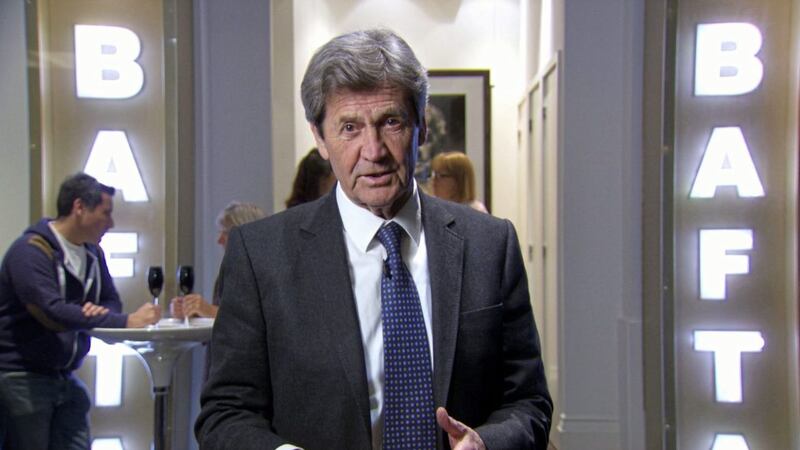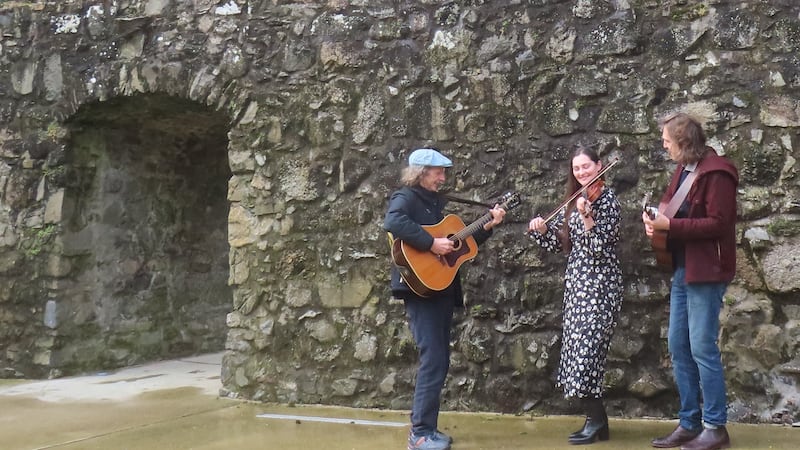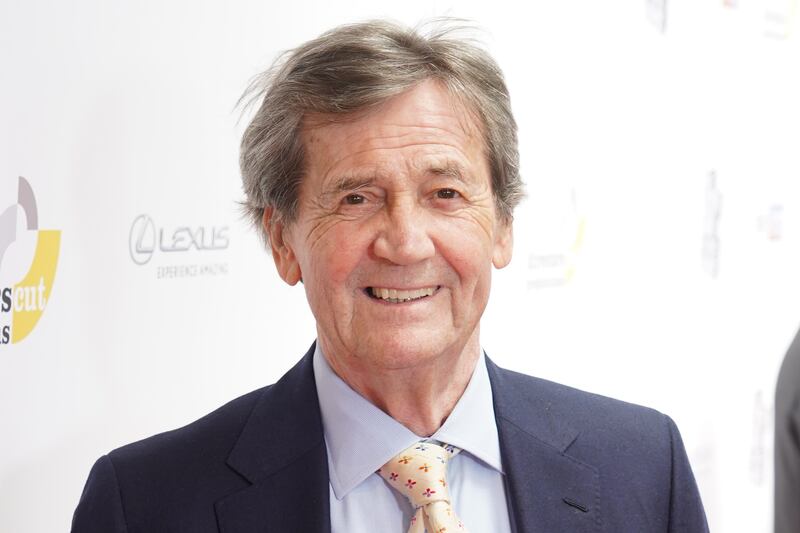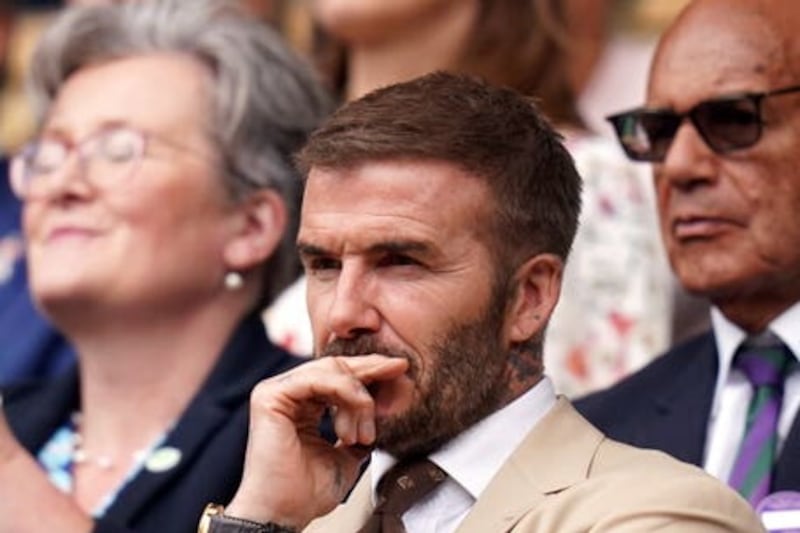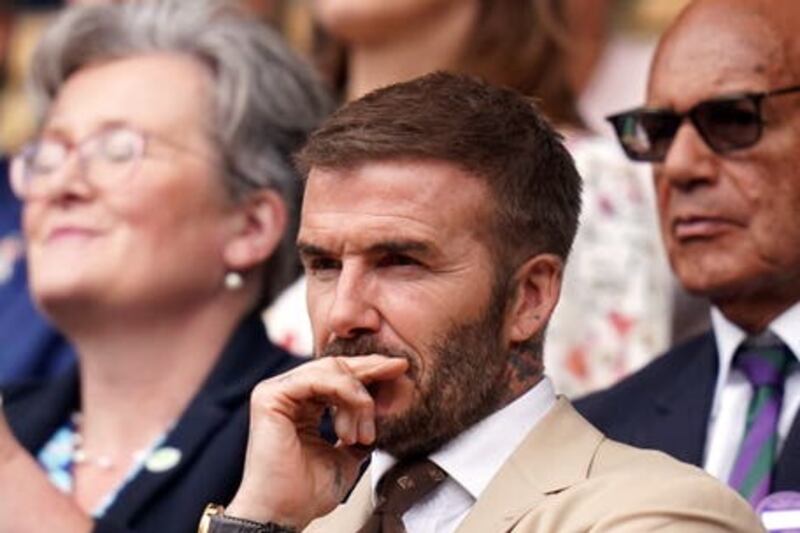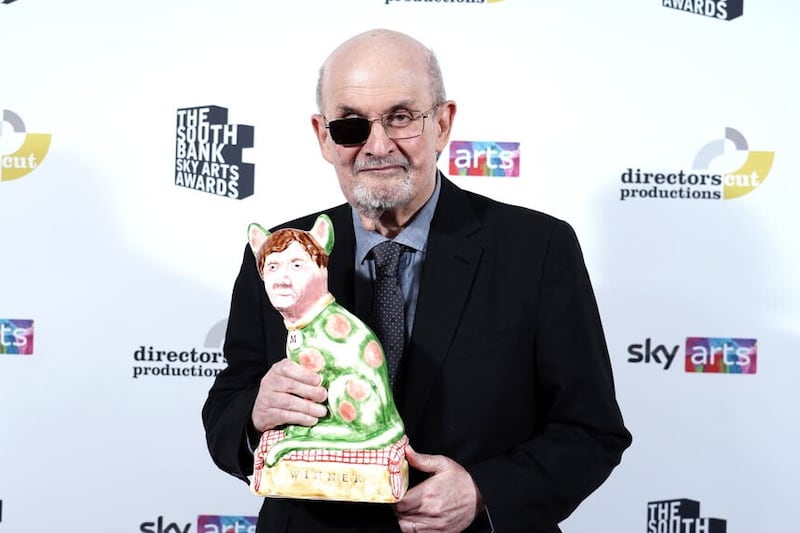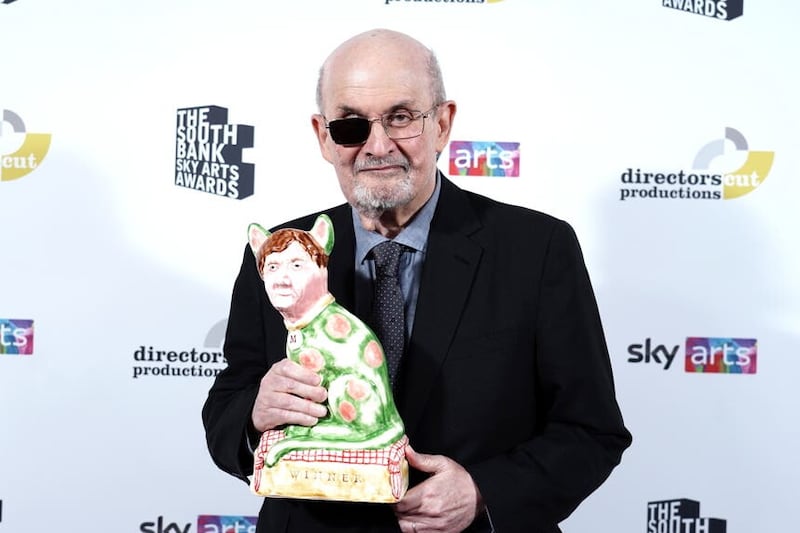SEVENTY five years on from its inception, television – which was deemed a "craze" in the fabulous fifties – has had an impact like no other.
For one, it has made the world an open place, as veteran broadcaster Melvyn Bragg explains.
"We don't realise that 75 years ago, the world was closed to most people," reasons the Cumbria-born star.
"They knew their village, they knew their town, they knew a little bit about this and that from geography books, but in terms of seeing – and seeing is believing and believing is seeing – very little went on.
"Today, we're part of the world in a way that we never have been before – we can be present at a state opening of parliament, we can be present when bombs are going off in Iraq ... " he goes on.
"We're at these things; we're not participants, but we are viewers who are there when it's happening. And that, again, I think, has an extraordinary effect on people.
"I haven't quite worked out what it is, but it is extraordinary."
Perhaps hosting his latest BBC Two show, Melvyn Bragg on TV: The Box That Changed the World, will provide the answers.
In the two-hour special event, Bragg is joined by some of British television's key figures to look at the pivotal impact TV has made in the last 60 years.
"It's a sort of revolution of the senses, really. A revolution of the mind," muses the former editor and presenter of The South Bank Show.
"It's really changed the way we see our lives. It's had an extraordinary impact that we can't quite measure yet, but it has changed forever, the way we live on this planet."
One such switch is the surge in reality TV, and within that, the redefined status of "celebrity".
"I think talent helps," he quips, when the subject is broached.
"But I think what television has done, in a few areas, is amplified what was already there. It's made something that was there and quite big, enormous.
"Years ago there was a programme called Opportunity Knocks, which was basically the same thing," he notes.
"Young hopefuls came and sang a song or did a dance or whatever, and they went to the final and they won and they became celebrities – sometimes minor, sometimes more.
"It's now on a bigger scale, but the idea of plucking talent out of the population, out of the mass of people, has been there for a long time and it's very endearing, it's very attractive."
Yet with one-time taboos such as sex making the jump from drama into reality TV, as seen on shows like ITV2's Love Island, are the boundaries becoming too blurred?
"Search me!" quips Bragg, suddenly coy. "Well, there doesn't seem to be much that can't be covered, does there, really?
"I think the watershed is a good idea," he follows up. "I actually think that a good thing to do is to teach sex in schools so that young people know what is going on and don't think it's a dirty secret.
"On the big television channels there should be rules, but otherwise we'll just see how far it goes without breaking the law," he adds. "If it breaks the law and if it affects, for the worse, other people, then of course it should be stopped."
In the Bragg household, it's simply finding the time to sit down and enjoy the telly that's proving the real problem.
"There's an awful lot of good stuff, but my complaint to myself is I don't watch enough good television – I wish I had time to watch more," he confides, his busy schedule currently split between TV projects and his popular Radio 4 discussion programme, In Our Time.
"But the older you get, the more selective you get," he declares. "I listen to quite a lot of radio news and television. I love some of the drama, some of the sport, some of the documentaries. I roam across the screen like I used to do, except perhaps not in as great a quantity as I used to do."
Does he have any guilty pleasures?
"Somebody's guilty pleasure is somebody else's obvious viewing," retorts the twice-married father of three. "I'm a bit addicted to watching certain sports, but I don't think that's a guilty pleasure."
Confessing he sometimes tunes into reality shows "to see what they're like", he settles on: "No, I think I feel good about all my pleasures, I don't think any of them are guilty."
As for the global success of such streaming sites as Netflix and Amazon, Bragg, a long-standing employee of the BBC, is an advocate for the changing landscape of TV.
"Its good material, good productions, so good for them," he says, quick to quash tensions between platforms old and new.
"There's always snobbery in this country," he elaborates. "It's a waste of time bothering about it. Everybody settles down and people are snobbish until the next thing comes along and then they're snobbish about the last thing.
"People were snobbish about television when television came in. They didn't realise what they were missing out on. They said, 'I don't watch television' and I used to think, 'Well it shows' or 'I feel rather sorry for you'.
"We always think that it will wipe out previous stuff and it doesn't," he insists. "I mean, cinema didn't wipe out theatre, television didn't wipe out cinema and on it goes... things co-exist."
:: Melvyn Bragg on TV: The Box That Changed the World, Saturday July 1, BBC Two, 9pm.
